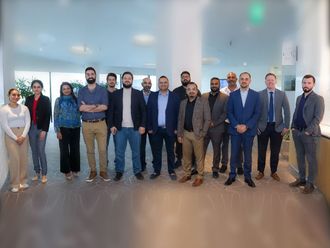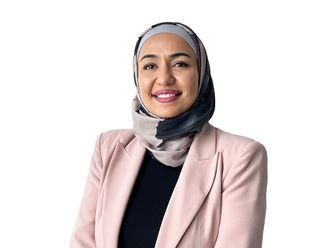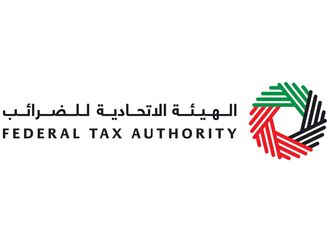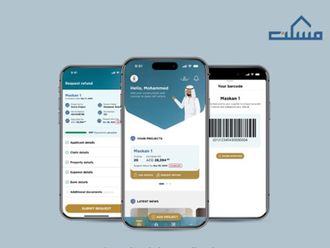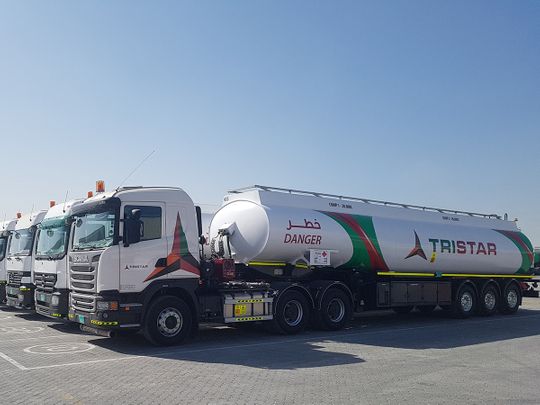
Dubai-headquartered Tristar Group recorded a substantial 31 per cent increase in consolidated revenues to Dh4 billion while the EBITDA was up 29 per cent to Dh812 million as of December 2023.
Growth in revenue was driven by the Fuel Farms segment and the strong Maritime results from favourable freight markets. Group earning also benefitted from the contribution of Aquarius Energy, formerly HG Storage International, that the group acquired 51 per cent in August 2022.
“The Group continues to maintain a strong focus on growth by leveraging the partner of choice relationship enjoyed with Core Customers as result of best-in-class service to our Primary Customers and a strong focus on cost control and performance excellence.
We expect to continue this momentum in 2024 and beyond, with our recent partnership with US-based RM Parks Inc. and Shell, with licence to operate over 150 Shell branded fuel sites across the Sri Lanka for over a 20-year period. The company is currently engaged in serious negotiations for several blue-chip projects with oil majors that will ensure long term financial and environmental sustainability for the group beyond the immediate future” said Eugene Mayne, Group CEO of Tristar.
Tristar continues to explore entry into new markets with new products, including but not limited to electric vehicles, biofuel and renewable energy, in its drive to make its own energy transition going forward. Tristar is due to launch the regions first ever hybrid bunker barge in early 2025 which the company is confident will set the tone for a change in coastal bunkering operations in the UAE. The company is targeting to convert at least 10 percent of its coastal fleet to Hybrid which will cut emissions in its coastal operations in Fujairah by at least 50 percent.
Tristar, annually, discloses it carbon footprint through the CDP and is a member of the FMC coalition launched by the US government and World Economic Forum with pledge to purchase products and services that are low or near zero as possible.
Mr. Mayne added – “Our road fleet decarbonization is being developed in phases as we explore modern technologies and fuels that are both environment friendly and cost-effective, to ensure that we remain competitive in the marketplace. For the long-term, the teams continue to explore options like hydrogen fuel cell, EV, and biofuel vehicles that can lower current levels of emissions”.


